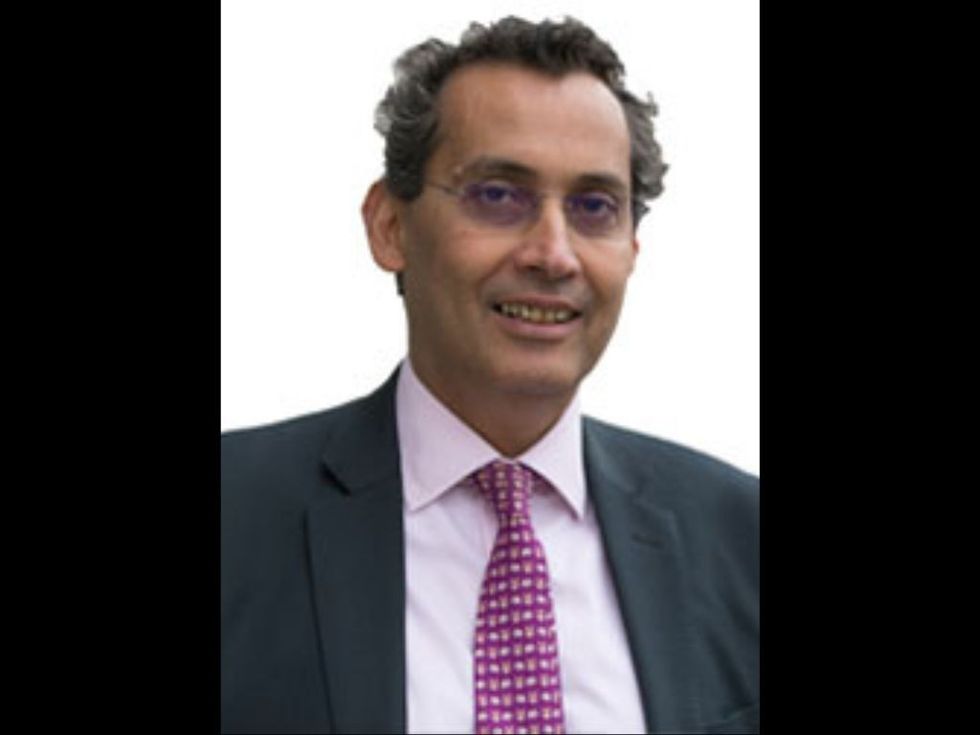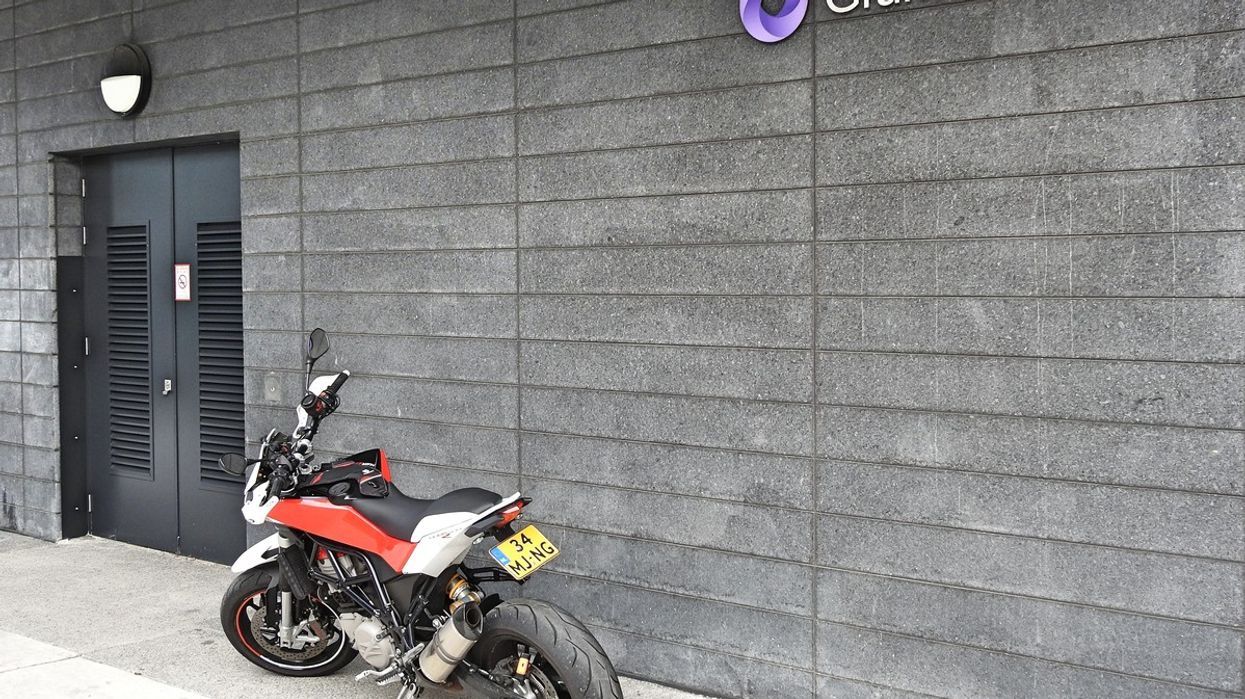Grant Thornton UK LLP on Monday (13) announced the appointment of Akshay Bhalla as partner to support a strategic investment in the expansion of its market-leading South Asia Business Group.
Bhalla, who previously served as the office managing partner with KPMG India, will join Grand Thornton's London-based team.

Working alongside Anuj Chande, head of South Asia Business Group, Bhalla's focus will be to grow the current offering and capture the growing opportunities presented by strong cultural and trading relationships between the UK and India and the imminent Free Trade Agreement between the two countries.
One of his key priorities will be working with UK-headquartered multinational corporations looking to adopt India for their global capability centres.
He will also focus on relationship building with the rising number of global Indians, who are making the UK their base, while maintaining connections with India and other parts of the world, such as Singapore and Dubai.
“Grant Thornton’s South Asia Business Group has a market-leading position in the UK/India corridor and has a strong reputation with clients, contacts, influencers, intermediaries and respective governments. I am excited to play a leadership role in the next phase of growth as we look to expand the footprint and focus areas of the service offering," Bhalla said about his new role.
Speaking on the appointment of Bhalla, Chande said, “We welcome Akshay to London and to Grant Thornton. Our South Asia Business Group has historically had three broad areas of market focus, namely advising UK corporates investing in India, Indian corporates investing in the UK and lastly the South Asian diaspora owning and managing businesses in the UK. The chosen market is growing, and the imminent India /UK Free Trade Agreement is likely to help propel further growth.
“Through the UK firm’s South Asia Business Group, Grant Thornton UK LLP and Grant Thornton Bharat LLP have had a strong and close relationship and have a history of strong collaboration over three decades. Akshay will work with Partners from both firms to build deeper connections and implement the strategic collaboration goals for both firms.”
Grant Thornton is one of the world’s leading organisations of independent assurance, tax and advisory firms.




